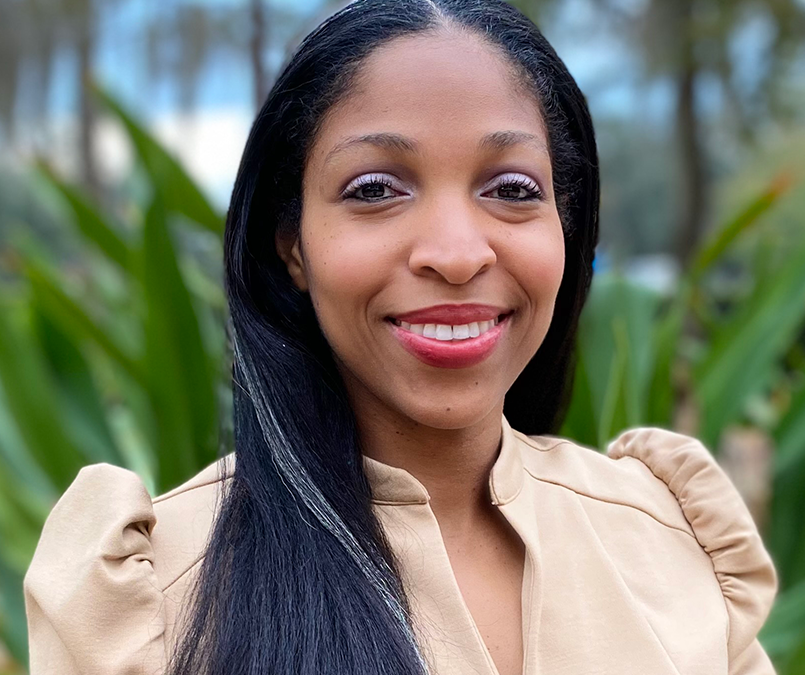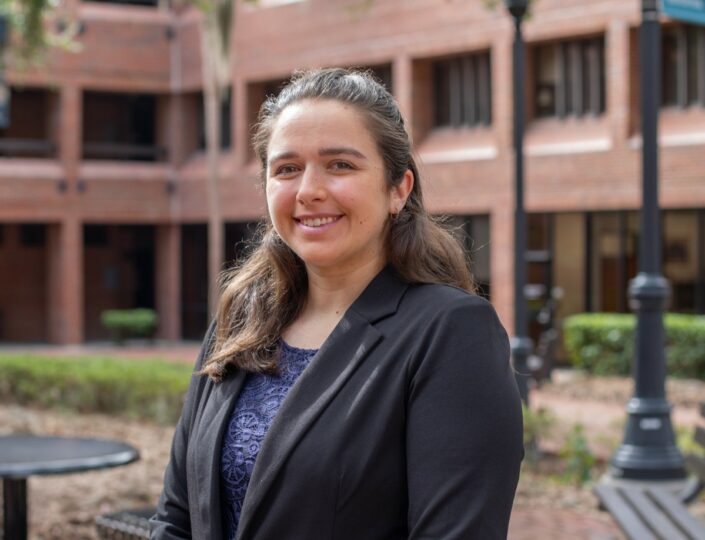


Research Spotlight: Elyssa Geer
Q & A with Elyssa Geer, Ph. D., Assistant Professor in the School of Special Education School Psychology & Early Childhood Studies What research are you currently working on? I am currently working on understanding the interplay between spatial skills,...
Research Spotlight: Avery Closser
Q & A with Avery Closser, Ph. D., Assistant Professor in the School Teaching and Learning What research are you currently working on? I am currently leading an IES-funded project to examine whether and how subtle aesthetic changes to math problems (e.g., font...
Research Spotlight: Daryn Dever
Q & A with Nigel Newbutt, Assistant Professor in the School of Teaching and Learning

Research Spotlight: Brady Nash
Q & A with Nigel Newbutt, Assistant Professor in the School of Teaching and Learning

Research Spotlight: Melissa Mariani
Q & A with Nigel Newbutt, Assistant Professor in the School of Teaching and Learning
